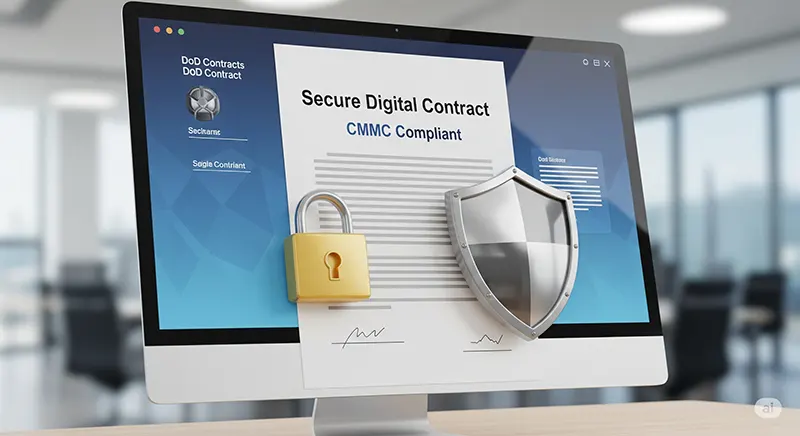Advanced Metrics for Evaluating Hosting Performance
Is your site slow even though your host claims 99.9% uptime? The gap is real. Basic status pages hide issues that cost conversions and ad spend. The solution is better measurement. Track metrics that explain user pain, not only server health. Read on to see which numbers matter and how to act on them.
Basic Understanding
Hosting performance blends network, compute, storage, and software. A single bottleneck can drag the whole stack. Start by separating user experience metrics from infrastructure metrics. User signals tell you how visitors feel. Infrastructure signals tell you why it happened. Use both to get a full picture. Set up per-region dashboards and compare mobile, Wi Fi, and wired broadband results.
Blended averages hide trouble spots that drain revenue and reputation. If you are weighing a virtual dedicated server or asking what is a dedicated server for your next move, the same metrics apply. The platform changes, but measurement discipline does not.
Dedicated vs VPS vs Virtual Dedicated Server
A VPS slices one machine into many virtual servers. It is affordable and flexible, yet resources are still shared. A virtual dedicated server is a premium VPS tier with reserved CPU cores and RAM that feel close to bare metal. A true dedicated server is not shared at all. Choose based on load, budget, and control needs.
Who Should Choose Dedicated
- High traffic sites and large ecommerce
- Game servers and streaming platforms
- Analytics, big databases, and private cloud stacks
- Regulated workloads that need strict isolation














